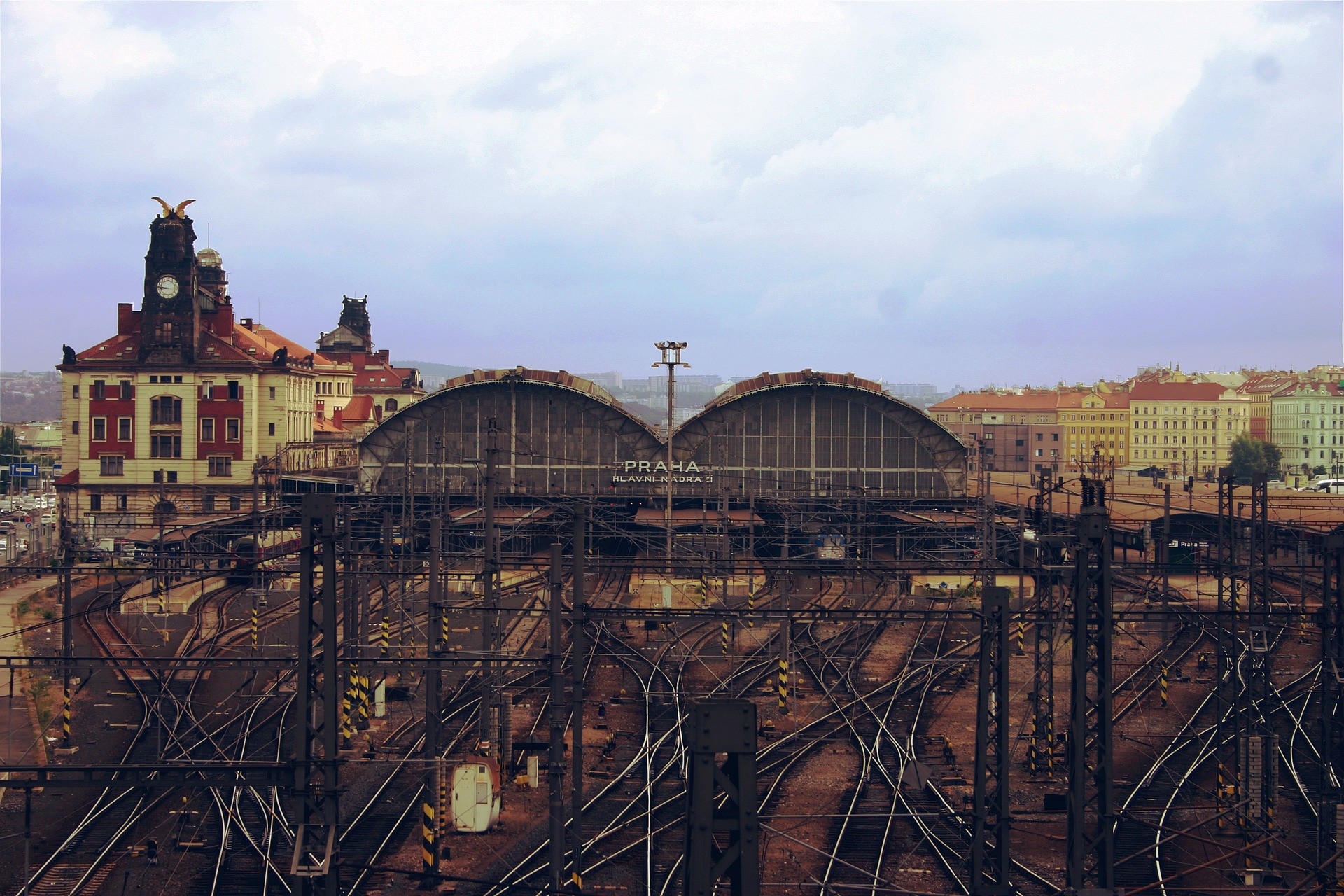Our impact on cultural heritage
How we help central Europe to preserve and make better use of its cultural diversity
Central Europe’s diversity in culture, heritage, and UNESCO sites makes it an attractive and captivating region for both residents and visitors. This cultural richness is underutilised and at times threatened due to poor management, coordination, and unsustainable tourism. Climate change and digitalisation also impact cultural assets and their accessibility.
In the programming period 2014-20, Interreg CENTRAL EUROPE promoted the protection and valorisation of cultural heritage, including the restoration and preservation of historic buildings and monuments. Our projects also supported regions and cities in improving cultural tourism, and initiating local cultural initiatives.
KEY FINDINGS
The external impact evaluation has concluded that cultural and creative industries play a significant role in driving both social and economic development in the European Union.
The programme positively impacted the cultural and creative sector in central Europe. It improved the ability of public authorities and stakeholders to manage cultural heritage for social and economic development. It also strengthened the foundation for preserving and promoting cultural heritage and helped local authorities and stakeholders develop strategies for cultural heritage management.
The programme supported projects that improved the management and promotion of cultural heritage, sustainable tourism, and cultural industries. It highlighted the importance of cooperation between culture and entrepreneurship.
The programme achieved sustainable results by promoting innovation, cooperation, and entrepreneurship in the cultural and creative sector. It offered training and capacity building, encouraged networking among cultural actors, and contributed to the development of attractive cultural destinations.
Projects provided tools for better cultural management, private-public partnerships, risk management, and improving accessibility of cultural products and services. They also improved coordination and policymaking at various levels and enhanced knowledge and skills for stakeholders through training and experience sharing.
“The Interreg CENTRAL EUROPE Programme provides successful examples of effectively and sustainably valorising cultural heritage and exploiting the potentials of the cultural and creative industries to generate new economic opportunities. Moreover, the projects have managed to create awareness, build trust and reduce the fragmentation in the creative ecosystems, particularly at the local level.”
Funded projects
Project partners
Million EUR from the ERDF
102
Tools to better coordinate cultural activities
154
Strategies and action plans to exploit cultural heritage
184
Pilot actions to demonstrate the benefits of supporting culture
265
Trainings to enhance skills for the cultural and creative sector
92
Million EUR of follow-up investment leveraged in the cultural sector
BACKGROUND
In 2020, we launched an independent impact evaluation of the Interreg CENTRAL EUROPE 2014-20 funding programme. The evaluation was conducted in two phases over a period of three years, between 2020 and 2023. It involved a thorough analysis of the programme, which employed a range of qualitative and quantitative research methods.

Innovation
Learn more about our impact on innovation.

Energy
Learn more about our impact on carbon emissions.

Environment
Learn more about our impact on the environment.

Transport
Learn more about our impact on transport.